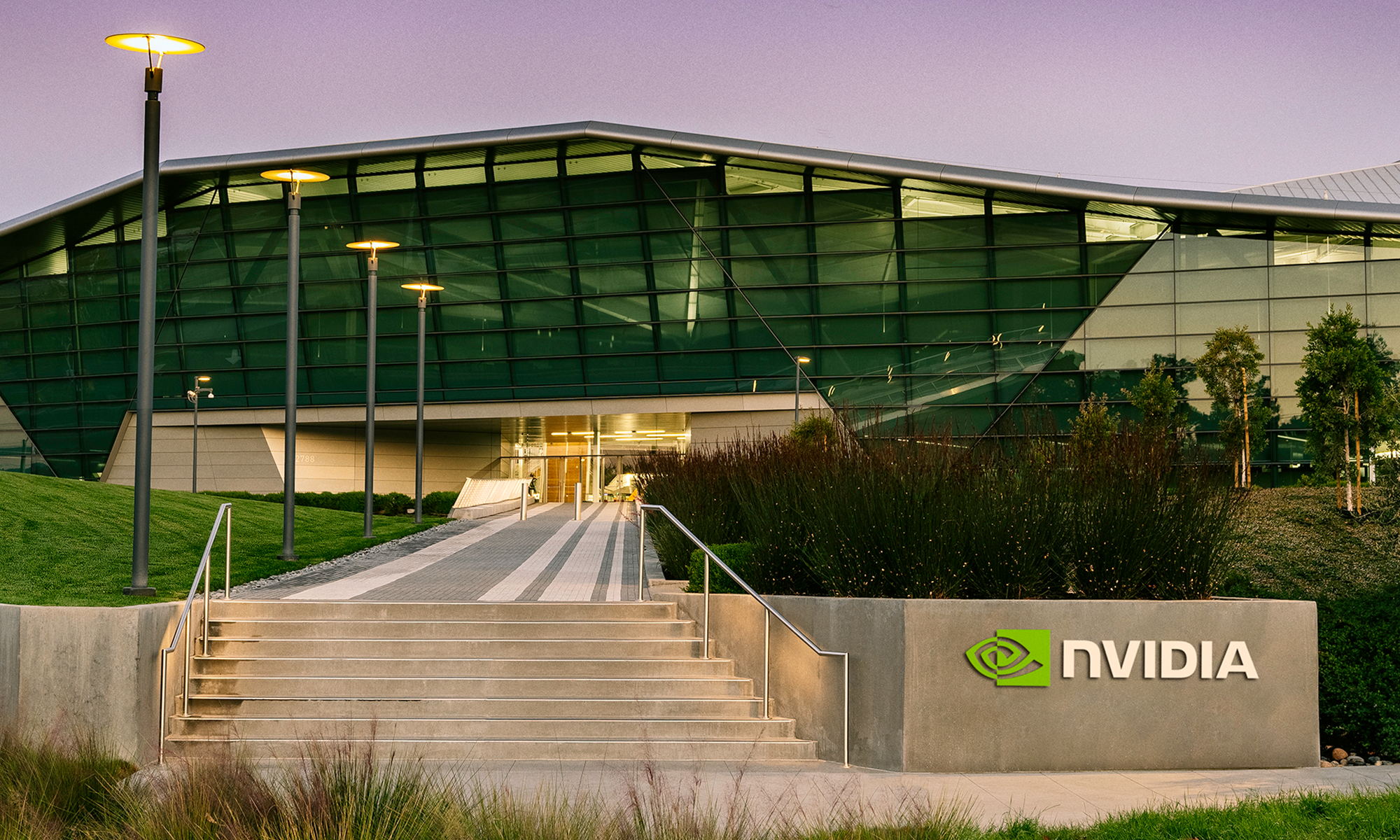Shares of Nvidia (NVDA +0.83%) have been fairly volatile this year. Trade-related concerns weighed down the stock a few months ago but those issues appear to be in the rearview mirror with the stock back to around its all-time highs. The company's cutting-edge artificial intelligence (AI) chips are crucial for many tech businesses deploying next-gen technologies and pursuing AI projects, and that has made it one of the best growth stocks to own in recent years.
But with question marks still looming about what lies ahead for the global economy, is Nvidia's stock still a good buy at its current levels, or are you better off waiting for a drop in price before adding it to your portfolio?

Image source: Getty Images.
The case for buying Nvidia stock
Nvidia is the leading AI chipmaker in the world. That has allowed it to command high margins for its products, which enabled it to grow its bottom line at an incredibly fast pace. While many growth stocks are able to grow their sales at impressive rates, what stands out about Nvidia is its earnings growth, which outpaced its top line in recent years.
NVDA Revenue (Quarterly) data by YCharts
Arguably, the stock isn't even that expensive. While its market cap may be around $3.5 trillion, it still trades at a fairly modest forward price-to-earnings (P/E) multiple of 33 (based on analyst estimates). Although that's not exactly cheap, it's not that expensive either, given just how dominant the business is and how quickly it has been growing. The average stock on the S&P 500 trades at 22.9 times its future earnings, and Nvidia surely doesn't fall into the category of "average" -- some premium is justifiable here.
A risk for investors is that by waiting for a dip as Nvidia's earnings continue to grow, the stock may end up rising even if its P/E ratio doesn't increase. That's why it may not make sense to wait right now.
The case for waiting
The best argument for waiting is that with the S&P 500 back around record levels, there may be too much optimism and bullishness priced into the overall markets, and Nvidia is benefiting from that. The company still faces considerable uncertainty about trade restrictions involving one of its key markets, China. And it's not even going to include it in forecasts due to the uncertainty.
Investors only need to look back to early April, when reciprocal tariffs were first announced, at how bearish the market can quickly turn amid such concerns. Back then, Nvidia's stock was trading at less than $100. Even if it's not China, there's growing concern about whether tech companies are spending too heavily on AI, and if a slowdown may be inevitable, as that too could weigh on Nvidia's growth prospects.
The problem with Nvidia's valuation is it may look cheap, but only if its growth rate remains high. Any hint of a pullback could send the stock reeling again. In its most recent quarter, which ended on April 27, Nvidia's sales were up by an incredible 69%. If that growth rate were to fall below 30%, I don't think investors would be nearly as bullish about the stock as they are now. And based on Nvidia's high valuation, a best-case scenario still looks to be priced in.

NASDAQ: NVDA
Key Data Points
Should you buy Nvidia stock today, or wait for a cheaper price?
The year is not even six months old and there have already been some wild swings, from optimism to despair and back to euphoria. I don't doubt that there will be some bad news at some point in the future, likely relating to trade, that could send Nvidia's stock down again.
But if you're a long-term investor, and you're planning to buy and hold Nvidia stock for years, then whether you buy it at $140 or $120 may not make a huge difference in the grand scheme of things. There's the possibility that a pullback in price may happen, but perhaps it's several months from now, after it has rallied to an even higher price point.
Although the AI stock fell to below $100 earlier this year, that doesn't mean it'll do so again. Even if you're kicking yourself for missing the opportunity to buy it at those levels, you may still be better off simply buying Nvidia stock sooner rather than later. Otherwise, you may find yourself waiting for a decline that doesn't end up happening, or for the stock to fall to a price it won't reach again.






